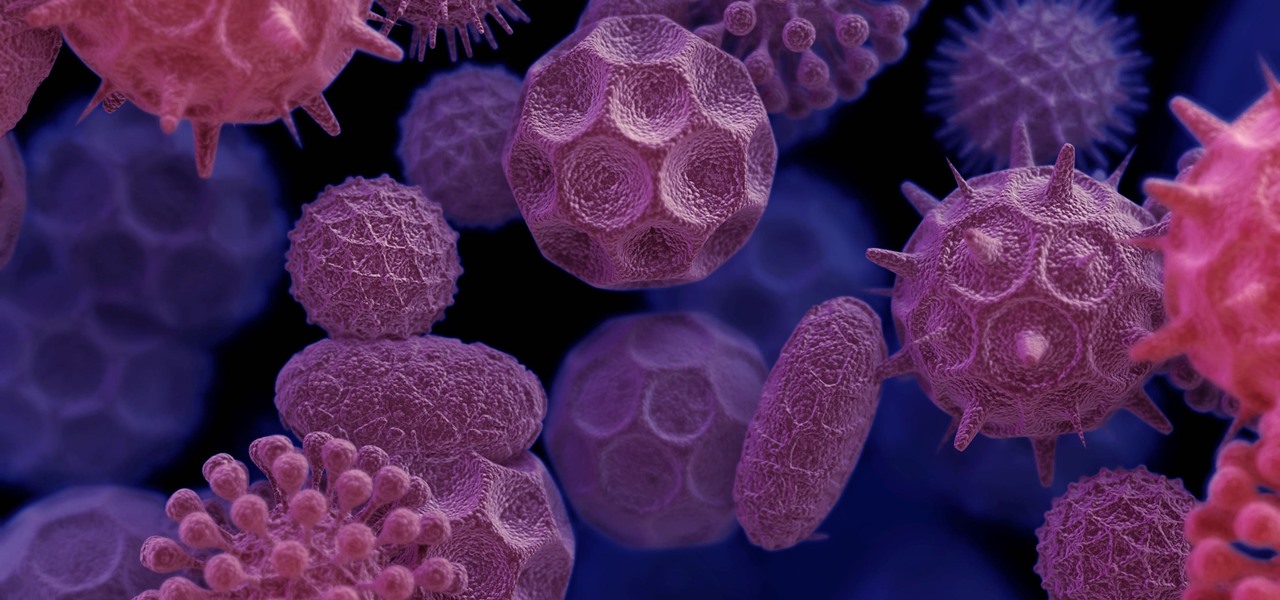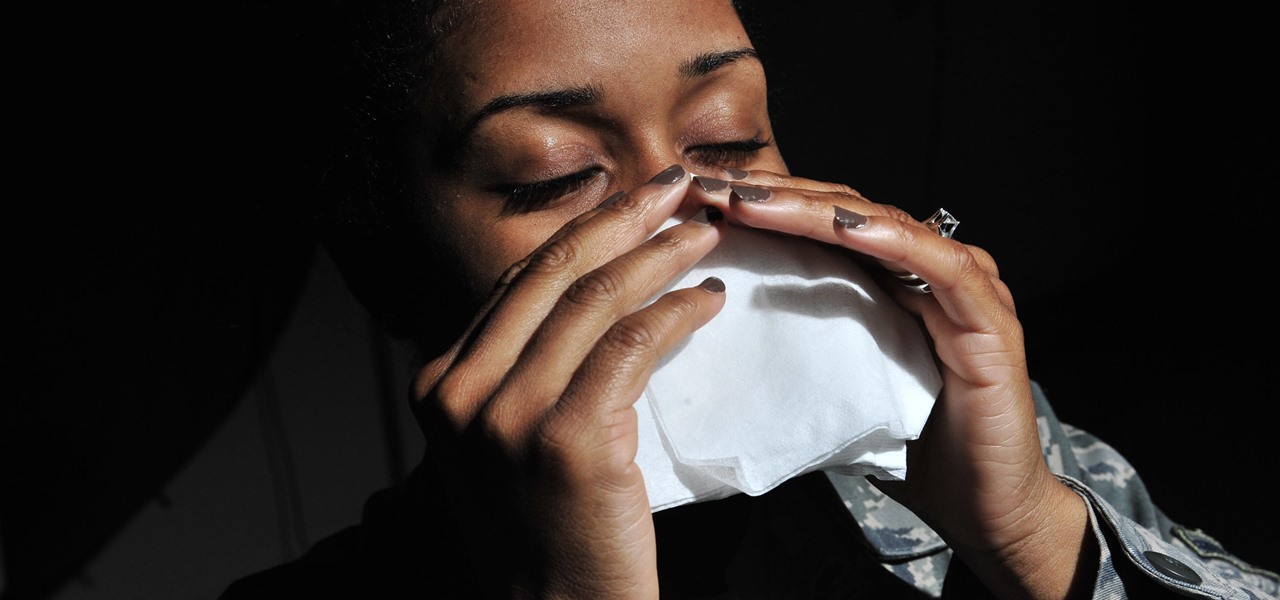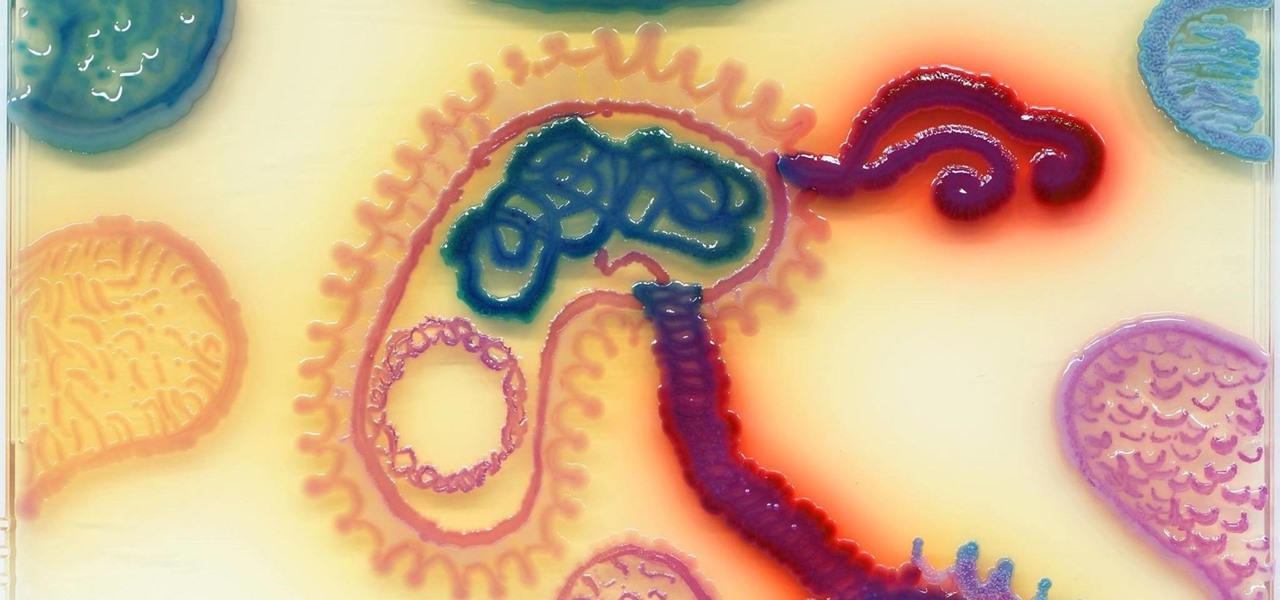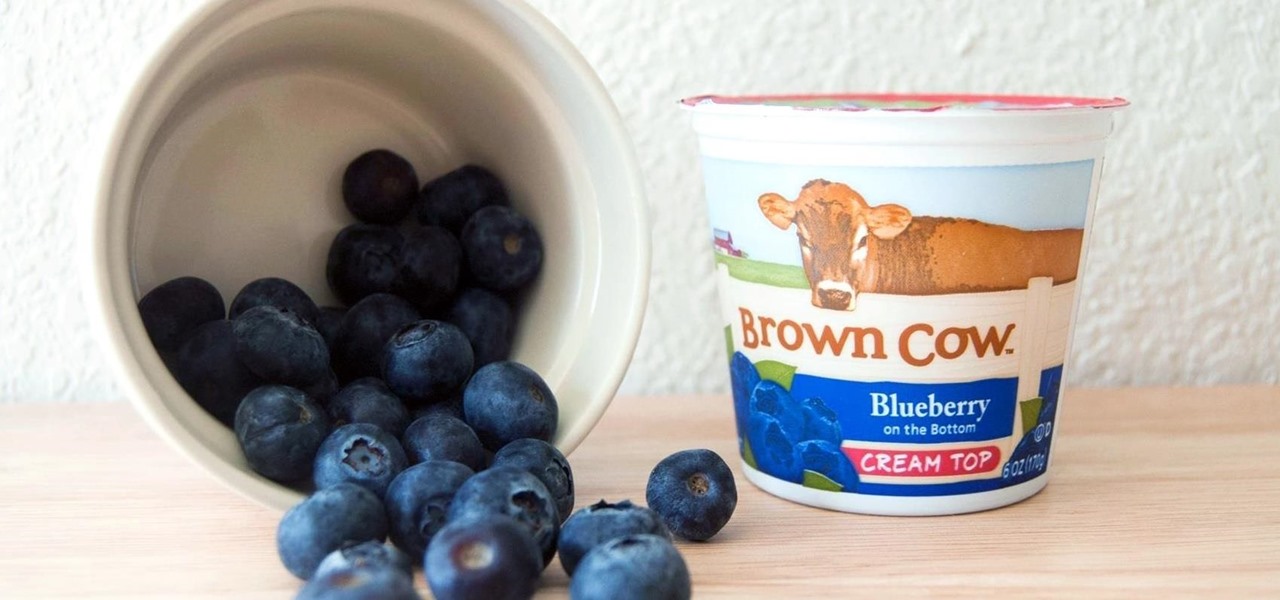Invisiverse Features

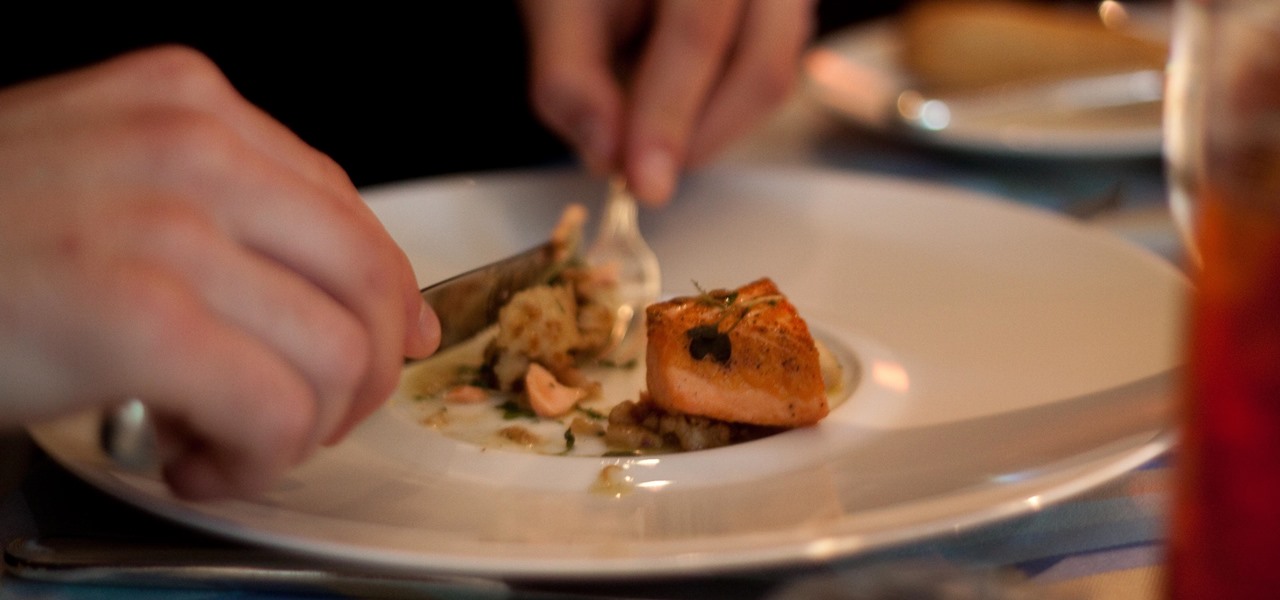
News: Deadly Fish Virus May Take Pacific Salmon Off the Menu
A virus easily spread among trout and salmon could make it harder to keep your favorite fish on the menu.
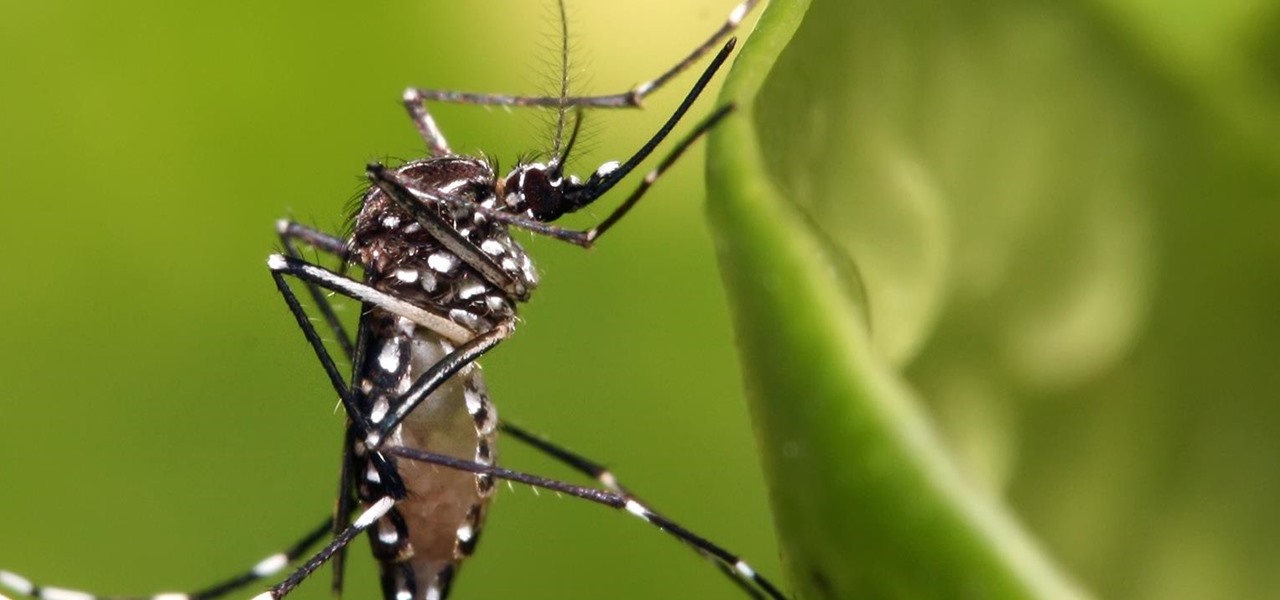
News: Florida & Texas Could Become Zika Hotspots in the US
To much of the United States, Zika seems like a tropical disease that causes horrible problems in other countries but is nothing to be worried about stateside. It may make you rethink your beach vacation abroad, but not much more than that. However, if you live in Florida or Texas, the possibility of getting a Zika infection where you live is real — and local outbreaks are more and more a possibility.
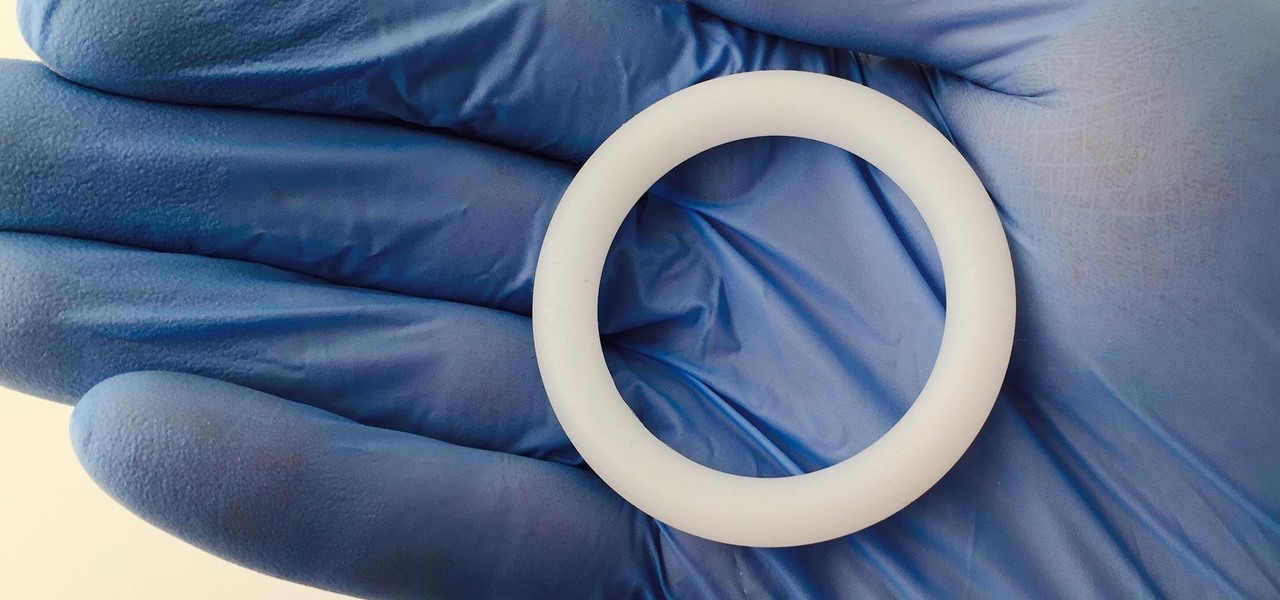
News: HIV Prevention Ring Passes Safety Testing Clinical Trial
Young girls, especially those who live in areas where HIV is epidemic, like sub-Saharan Africa, are particularly vulnerable to becoming infected with HIV. A vaginal ring containing the antiviral agent dapivirine has been shown to decrease the chance of developing HIV-1 in adult women over 21 and now in the first step for use in adolescents, the ring has been shown to be safe and well-tolerated in that younger age group.

News: Antibiotics During Pregnancy Linked to Miscarriage
As if being pregnant did not come with enough worry, a new study found that certain antibiotics are linked to an increased risk of spontaneous abortion, or miscarriage — a terrifying finding for any expectant mother.
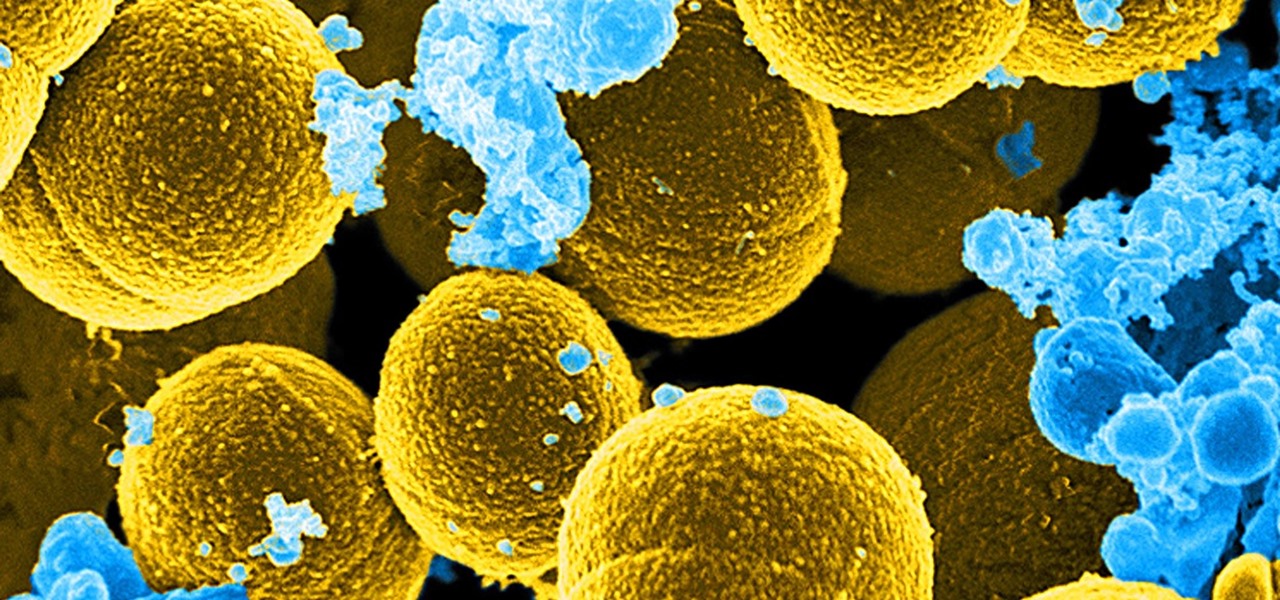
News: Mysteriously, a Huge Study Finds a Drop in Antibiotic Resistant (MRSA) Infections
For once there is good news — surprising news, but good news — in the fight against antibiotic-resistant organisms. A recent study found that Staphylococcus aureus bacteria is becoming more sensitive to some key drugs used to treat it.
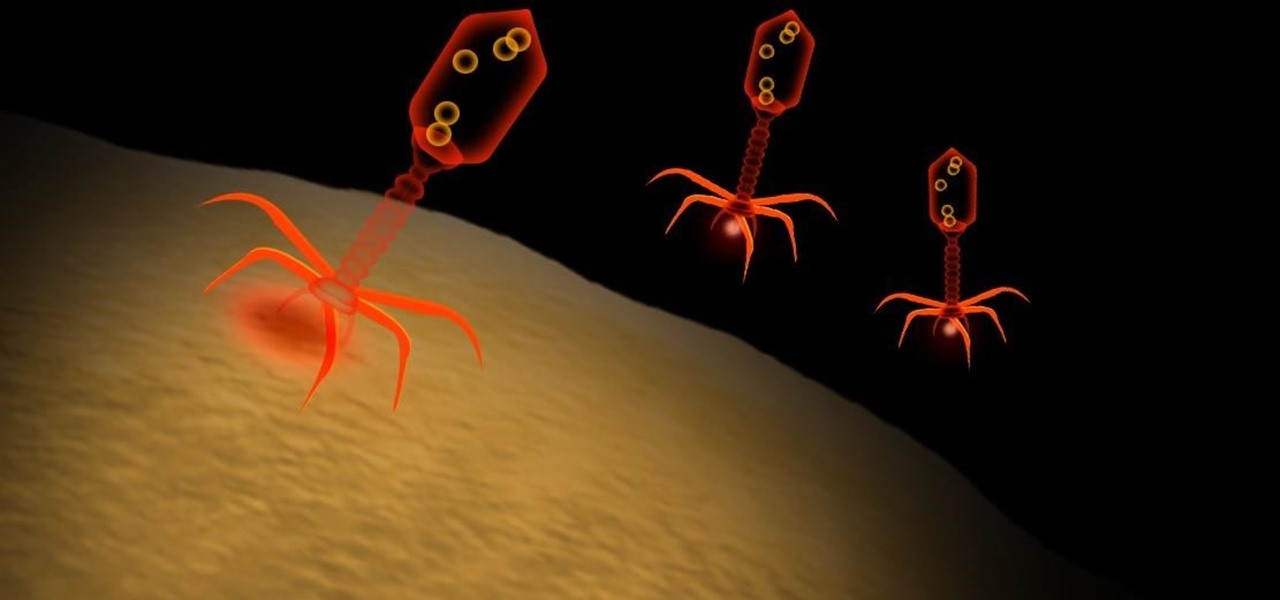
News: Intestinal Viruses Directly Associated with Development of Type 1 Diabetes
Type 1 diabetes is an attack on the body by the immune system — the body produces antibodies that attack insulin-secreting cells in the pancreas. Doctors often diagnose this type of diabetes in childhood and early adulthood. The trigger that causes the body to attack itself has been elusive; but many research studies have suggested viruses could be the root. The latest links that viruses that live in our intestines may yield clues as to which children might develop type 1 diabetes.

News: 'Useless' Antibiotics Work When Matched Up in Threes
The search is on to find antibiotics that will work against superbugs — bacteria that are rapidly becoming resistant to many drugs in our antibiotic arsenal.

News: How Researchers Could Use Bacteria to Determine Time of Death
When a dead body is discovered, finding out when the person died is just as important as finding out how the person died. Determining the time of death has always involved lots of complicated scientific detective work and less-than-reliable methods. However, a study by Nathan H. Lents, a molecular biologist at the John Jay College of Criminal Justice in New York, is the first of its kind to show how microbes colonize a body's ears and nose after death.

News: Rising Tide of Dust in the US Could Mean Public Health Menace
Blowing dust and fungal spores are creating a public health problem that could be just a slice of what's to come with climate change.
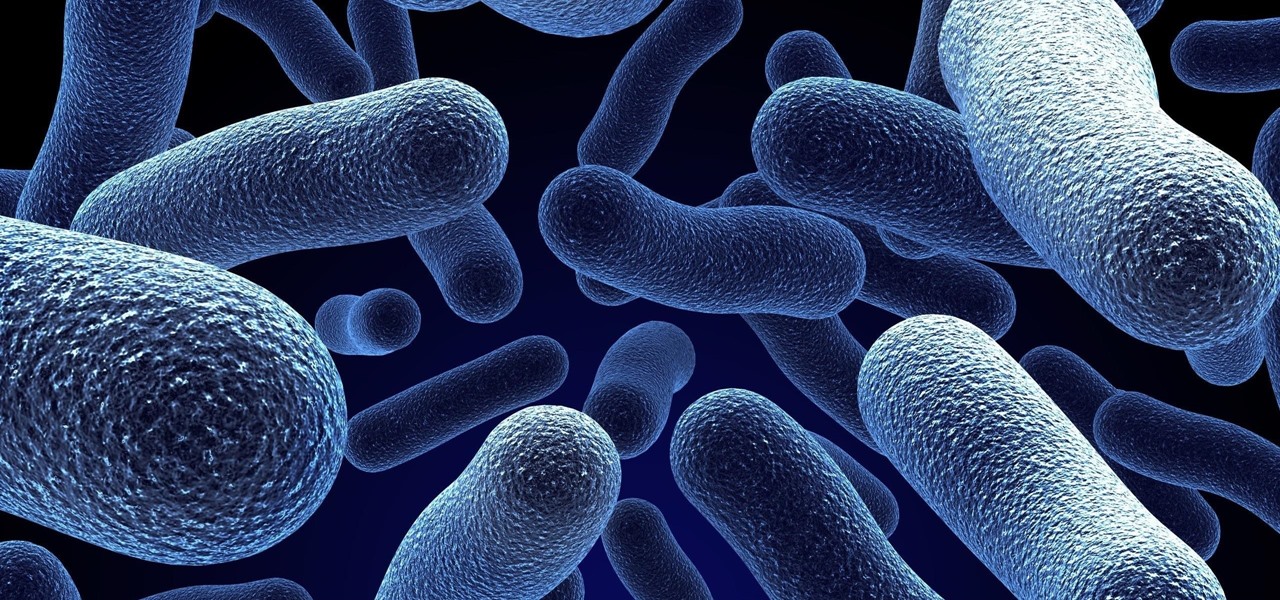
News: How Gut Bacteria Can Make Chemo More Effective
We can add one more health effect of our gut bacteria to the growing list. Researchers from the UK have just reported that the gut microbiota plays a role, both directly and indirectly, on the toxicity and efficacy of chemotherapy. Their findings are published online in the journal Nature Reviews Gastroenterology & Hepatology.
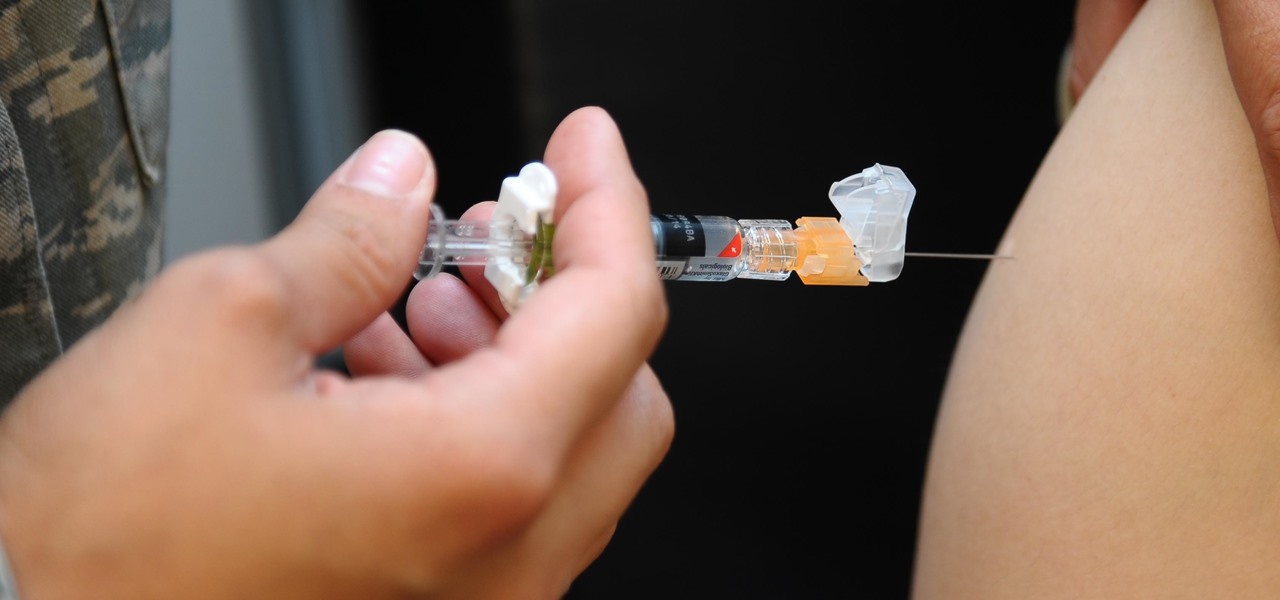
News: Afraid of Needles? You'll Have No Excuse Not to Get Vaccinated with New Painless Flu Patch
A new medical development is going to change the way many of us look at getting the flu vaccine. A painless flu vaccine skin patch is making needles and vials a thing of the past. Researchers from the Georgia Institute of Technology and Emory University have shown that a flu vaccine can be administered safely and comfortably with this new patch, which delivers the vaccine through a matrix of tiny dissolving microneedles.

News: Airlines' Reliance on Group Boarding Could Spread Pandemics
On the airplane, in the middle of cold and flu season, your seatmate is spewing, despite the clutch of tissues in their lap. Your proximity to an infectious person probably leaves you daydreaming (or is it a nightmare?) of pandemics and estimating how likely it is that this seatmate's viral or bacterial effusions will circulate throughout the plane and infect everyone on board.
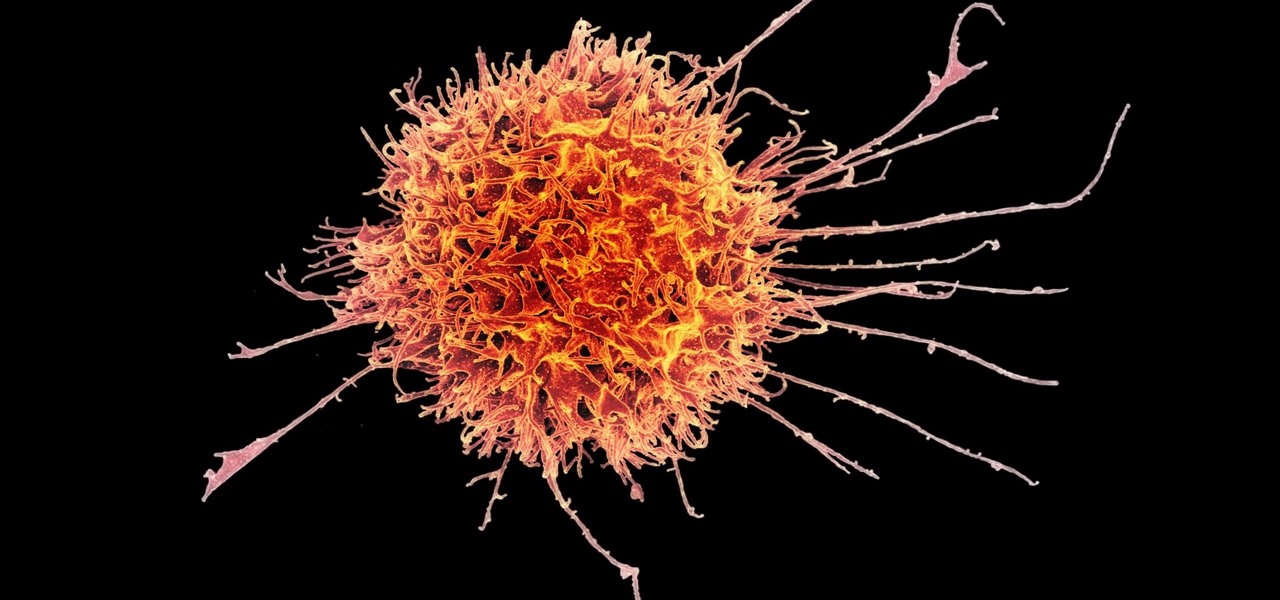
News: Artificial Viruses Provoke the Immune System to Fight Cancer
Cancer cells do a pretty good job of flying under the radar of our immune system. They don't raise the alarm bells signaling they are a foreign invader the way viruses do. That might be something scientists can change, though.
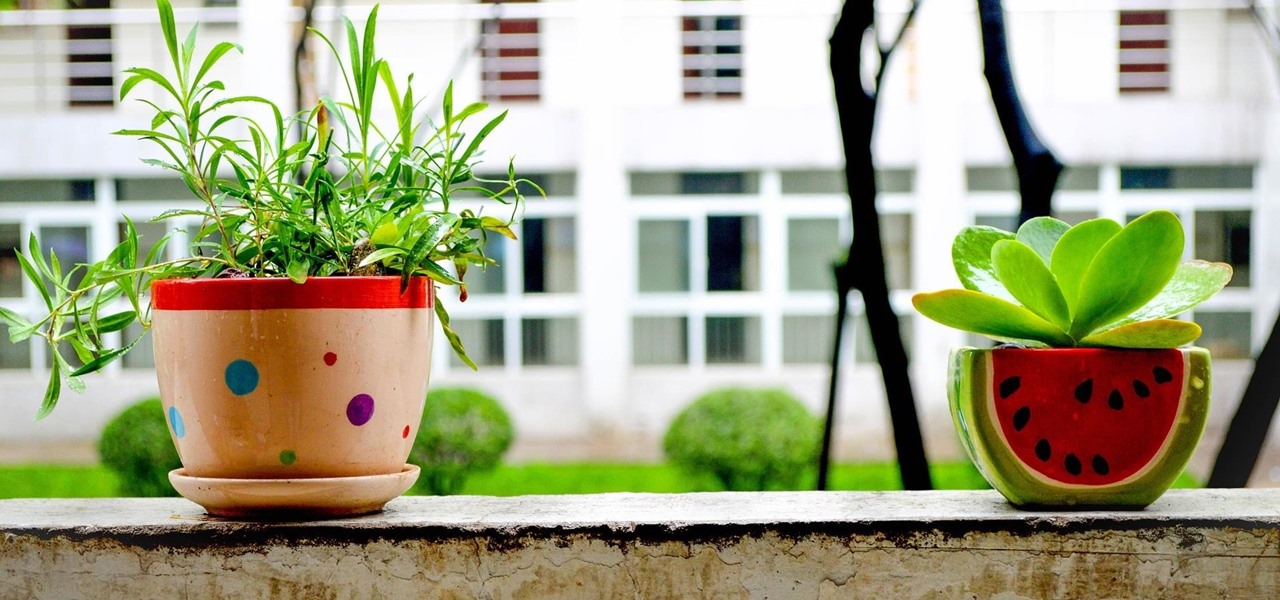
How To: Here's How to Compost if You Are an Apartment Dweller
Being a city dweller does not mean you cannot save the planet — or your food scraps. Climate change and resource management are big issues. Composting in any size space is not only possible, but it gives you a chance to reduce greenhouse gasses and reuse food scraps. Right now, about 40% of all food in the US goes to the landfill. In addition to planning meals and using your food in creative ways to reduce the amount that goes to waste, you can compost.

News: A Protein Found in Ticks Can Help Kill MRSA Infections
As researchers from Yale searched our environment for compounds to aid in the battle against drug-resistant bacteria, they got an unlikely assist from ticks.
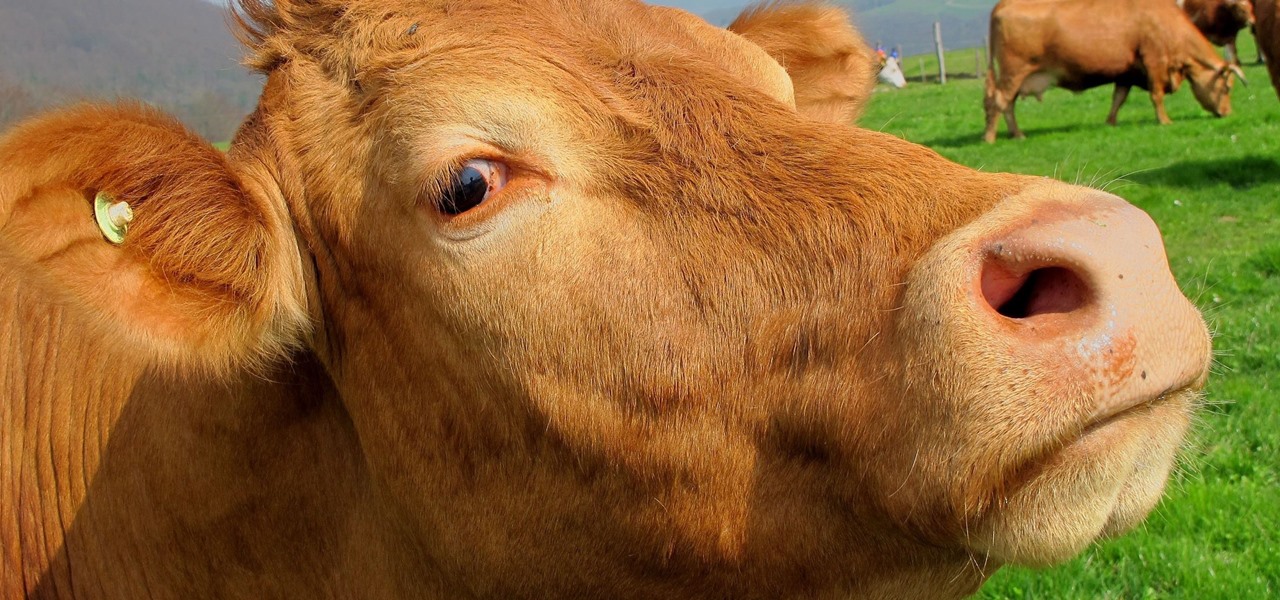
News: Researchers Look to Cows to Create Vaccine for HIV
A vaccine against HIV might prevent the disease that we can't seem to cure. Some HIV patients make antibodies that can take down the virus, much the way a vaccine might. But, scientists haven't been able to provoke that type of response in other people. However, in a process that might work in humans, a group of researchers has successfully generated antibodies in cows that neutralize multiple strains of HIV.
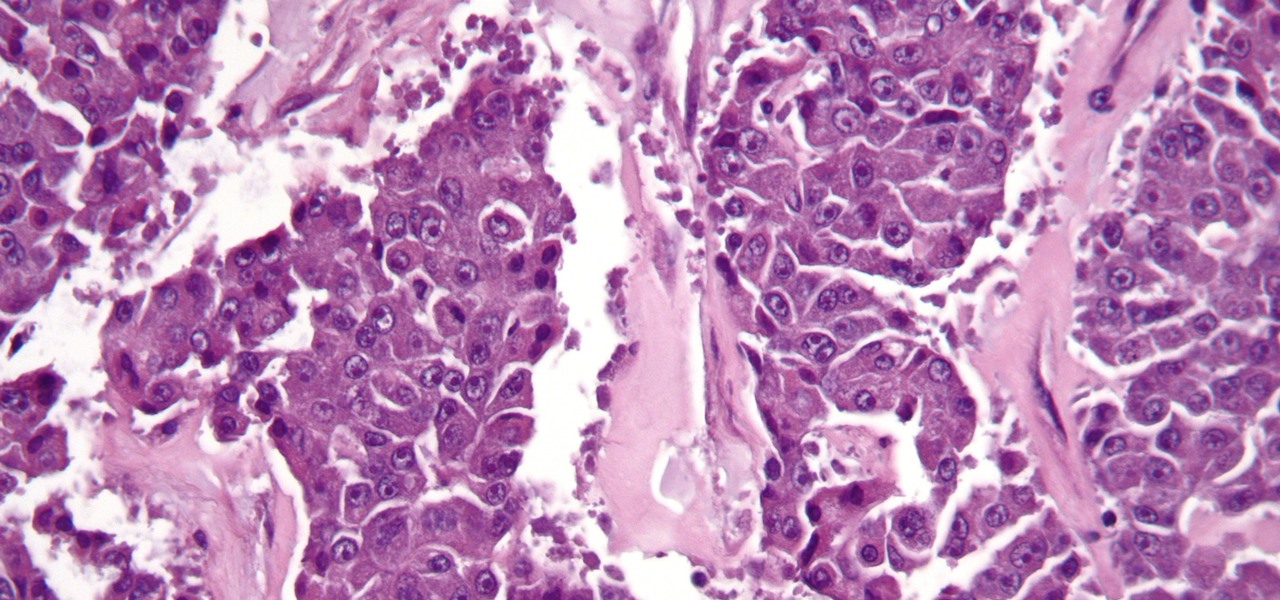
News: This Modified Common Cold Virus Specifically Targets & Kills Cancer (& Leaves Healthy Cells Alone)
The search for a cancer treatment that selectively finds and kills only the cancerous cells has just made a giant leap forward.

Sweeter Than Blood: Researchers Are Making Mosquitoes' Preference for Sugar Deadly
If you have a taste for sweets, you have at least one thing in common with mosquitoes. While too much sugar is unhealthy for humans, a new product makes sweets deadly to mosquitoes.

News: Gut May Hold Key to Infectious Brain Diseases
Specialized cells in the lining of the gut may provide a key to preventing an infectious brain disease caused by misfolded proteins.

News: Melting Ice Sheets Are Releasing Toxins in Our Water — Bacteria Could Take Some of That Out of Play
Windborne microbes shifting in the snows of the great ice sheet of Greenland may be able to neutralize some of the industrial contaminants oozing out of the melting ice.

News: Unique Way Gonorrhea Breaks Down the Female Body's Defenses
Usually, the mucus lining of the female genital tract presents a barrier that helps prevent infections. But, somehow, the bacteria that causes gonorrhea gets around and through that barrier to invade the female genital tract.
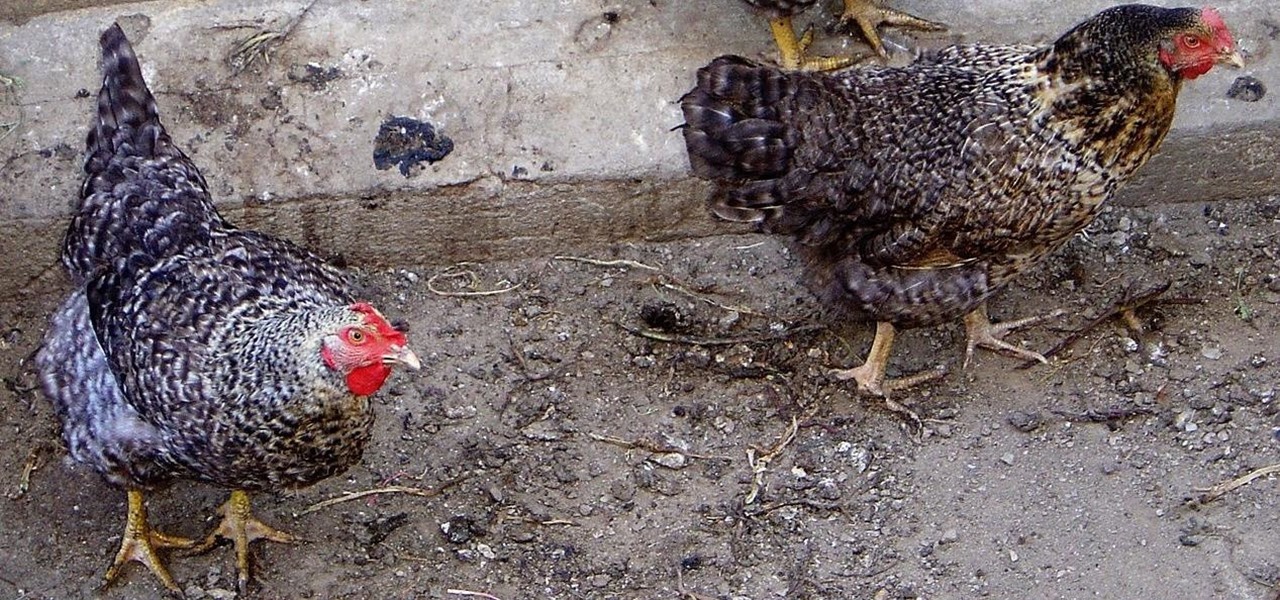
News: Malaysia in a State of Emergency with an Extensive H5N1 Bird Flu Outbreak
A state of emergency has been declared in Malaysia's northeastern Kelantan state after an outbreak of avian influenza virus H5N1.
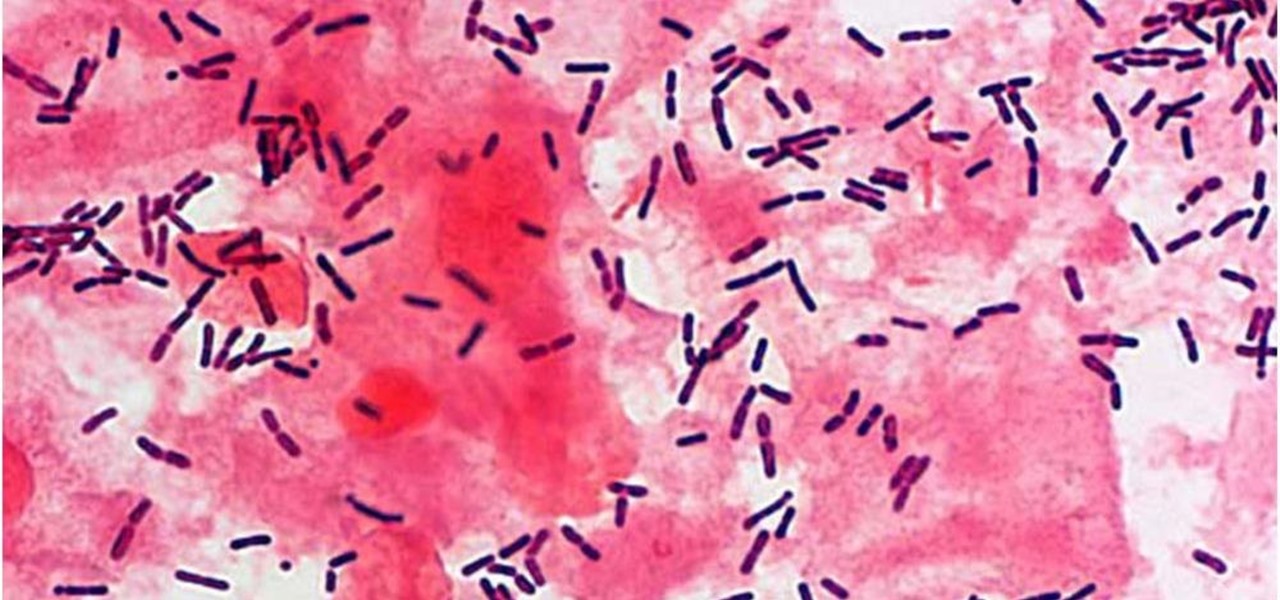
News: An Unhealthy Vaginal Microbiome Can Increase Risk of HIV Infection
The presence of certain bacteria can indicate whether the vaginal tract is healthy or not. It could also impact the likelihood of acquiring certain sexually transmitted diseases, like HIV, a new study suggests.
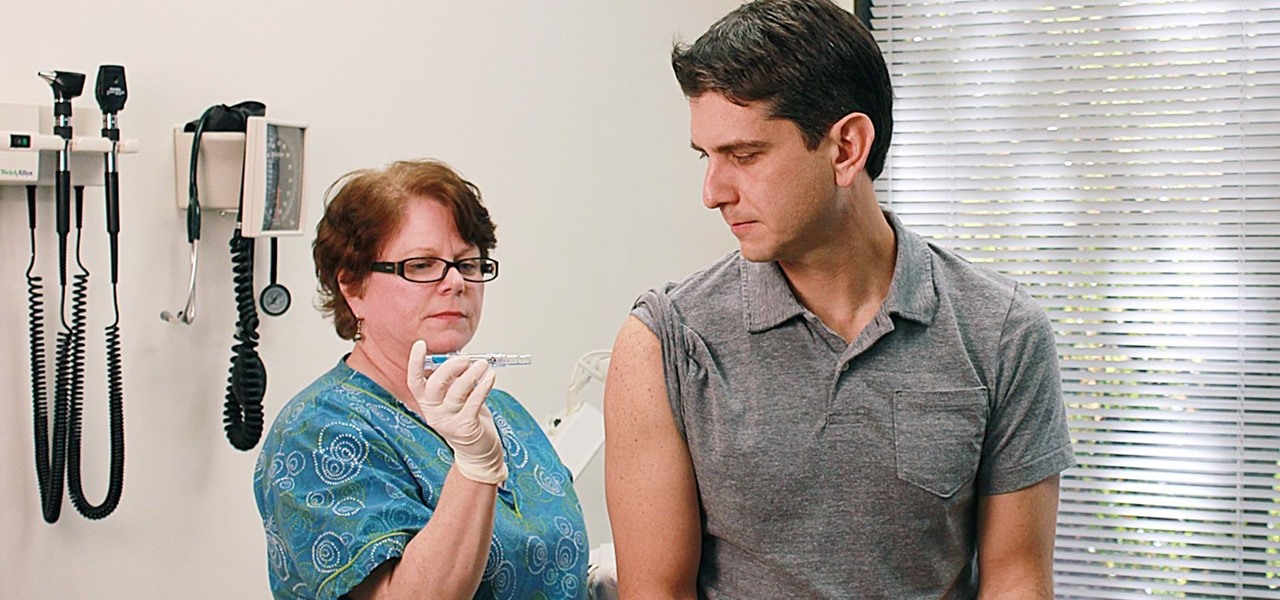
News: First Success in Long Search for Universal Flu Vaccine
Flu vaccines can help prevent us from getting or suffering the most severe effects of the flu. But, each vaccine only protects us from three different strains of the flu. If we don't have a vaccine against all types of flu, it leaves us open for an epidemic with a flu virus we didn't expect.

News: New JAMA Study Shows That Testing Gut Bacteria Can Predict Risk of Heart Attack
It feels like someone reached into your chest and squeezed. Your head throbs in unison with your heartbeat. Clammy dread coats your body in sweat. Whether you call 911 or someone does it for you, the ER is your next stop.

News: Undergrad Student Scientist Made Beer Good for You — and Your Gut Microbes — by Adding Probiotics
When Chan Mei Zhi Alcine chose her senior project, she thought outside the box by thinking inside the bottle. Along with a research team at her university, she found a way to combine health and enjoyment, while meeting a challenge not so definitively met before in alcoholic beverages. She and a research team at her university claim they've created the world's first probiotic sour beer.
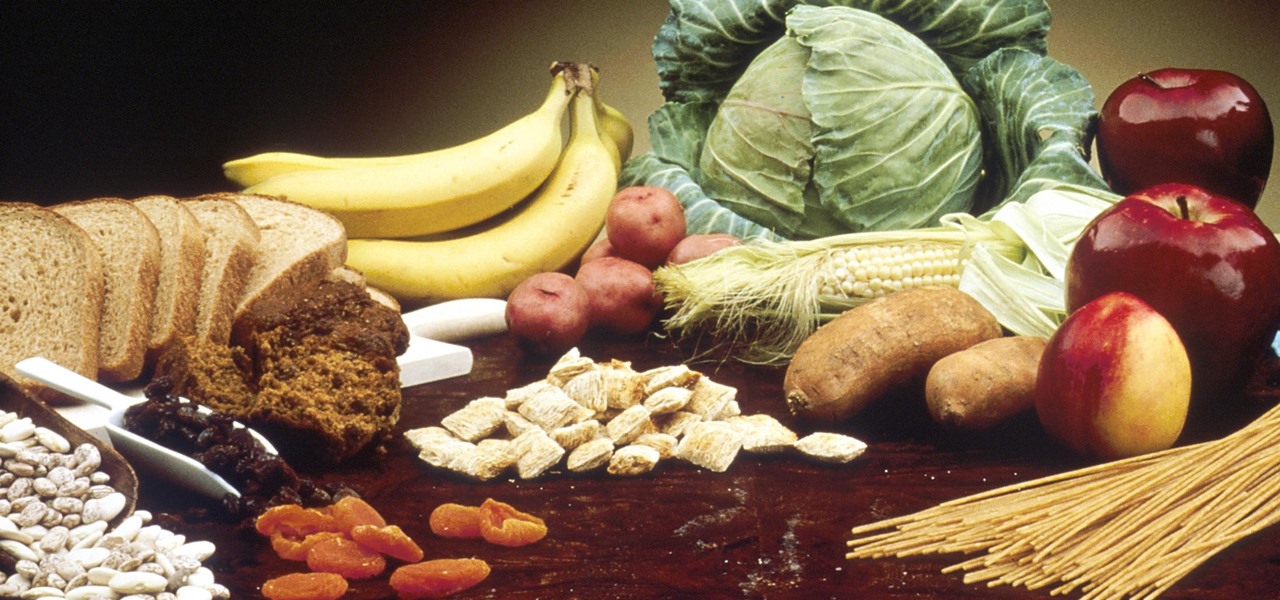
News: How Your Diet & Gut Bacteria Work Together to Reduce Risk of Colon Cancer
We all know you are what you eat—or so the expression goes—but it's good to remember that what you are (at least intestinally) is mainly bacteria. A new study has shown that what you eat, and how your gut microbiome reacts to that food, might be a key player in your risk of developing a certain type of colon cancer—and changing your diet can help decrease your risk.

News: And the (Heart) Beat Goes On ... Thanks to Newly-Discovered Role of Macrophages
Electrical impulses course through our heart and keep it beating. That's why a jolt from an automated external defibrillator can boost it back into action if the beating stops. But new research says there may be more to keeping a heart beating than just electrical impulses.
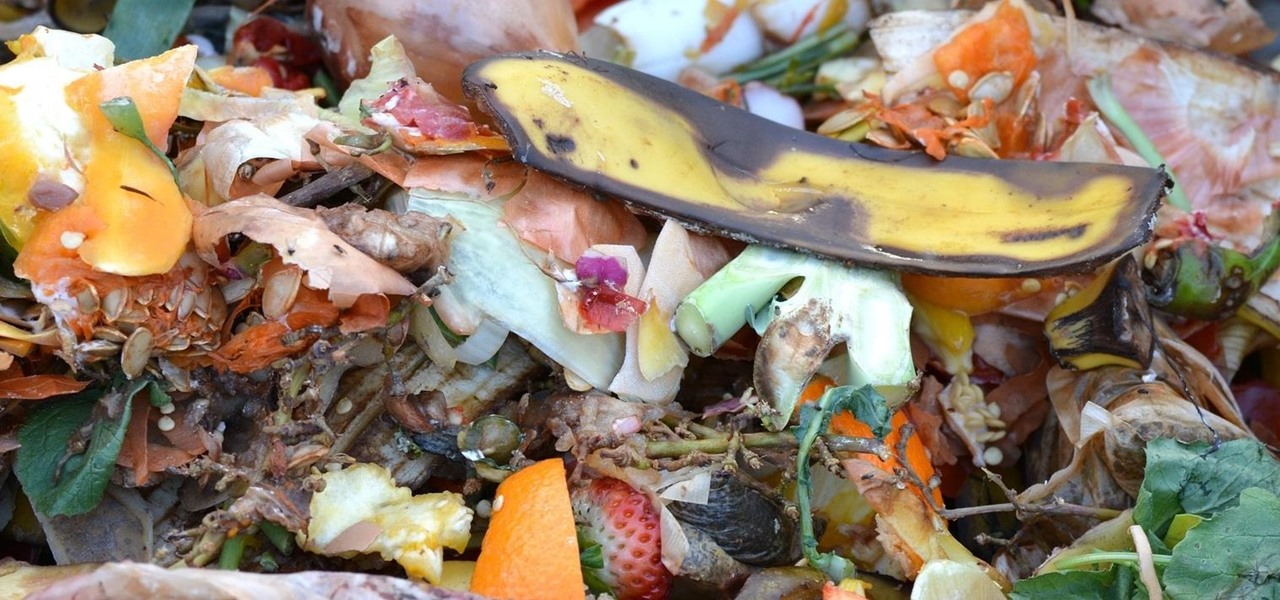
Soil Science: How Microbes Make Compost to Feed the Soil
Are you looking for a little microbe magic? Think composting. Composting is a great way to reuse food and plant waste that you would otherwise throw into the trash, which would just end up in a landfill somewhere. During the composting cycle, microbes reduce this organic waste until it can be fed back into the soil as rich, crumbly compost. When returned to the soil, compost feeds plants and improves the nature of life underground. Sound like a great idea? It is — and it's easy.
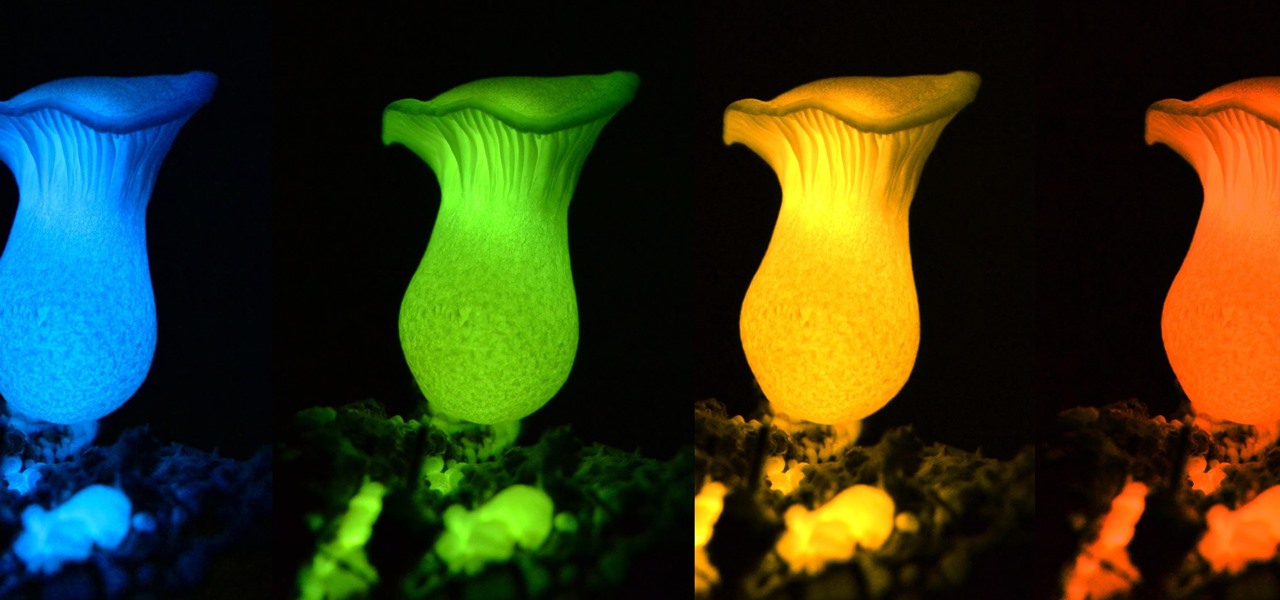
News: We've Finally Figured Out Why Some Mushrooms Glow
Bioluminescence — the ability of an organism to produce and emit light — is nature's light show. Plants, insects, fish, and bacteria do it, and scientists understand how. Until now, though, we didn't know how fungi glow.
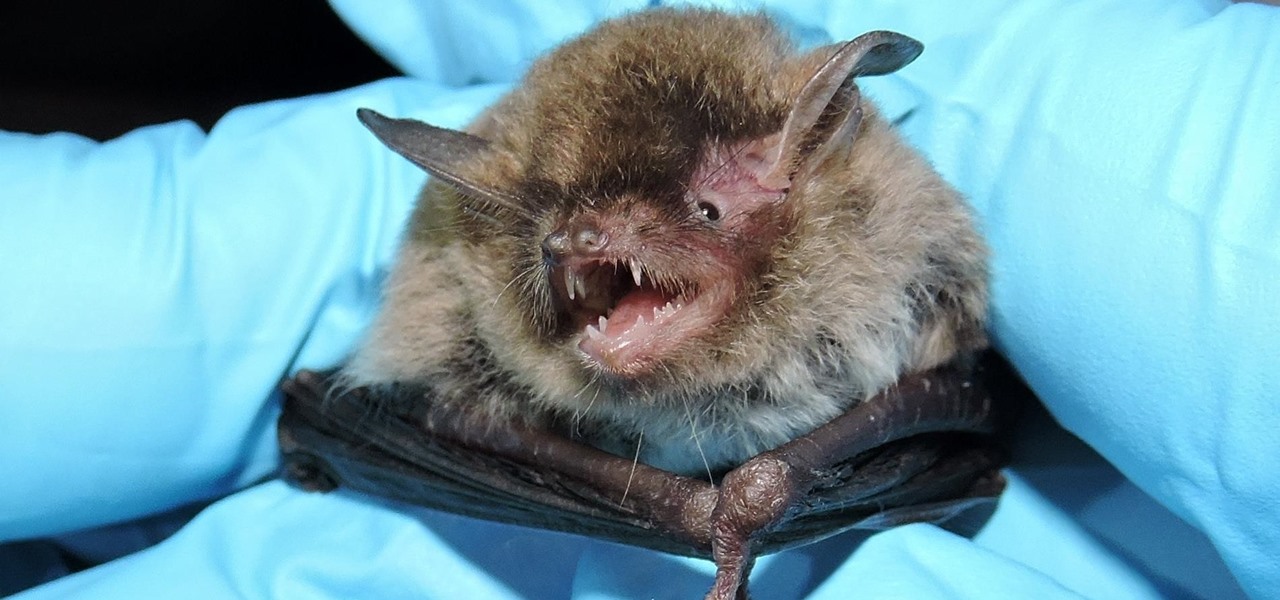
News: Bad News for Bats — Deadly Fungus Spreading This Summer
While not cuddly to most, bats are shy, skilled flyers that fill an important role in their environments. A new study reveals a deadly disease decimating North American bat populations has stepped up its attack on vulnerable bat populations in the summer months.
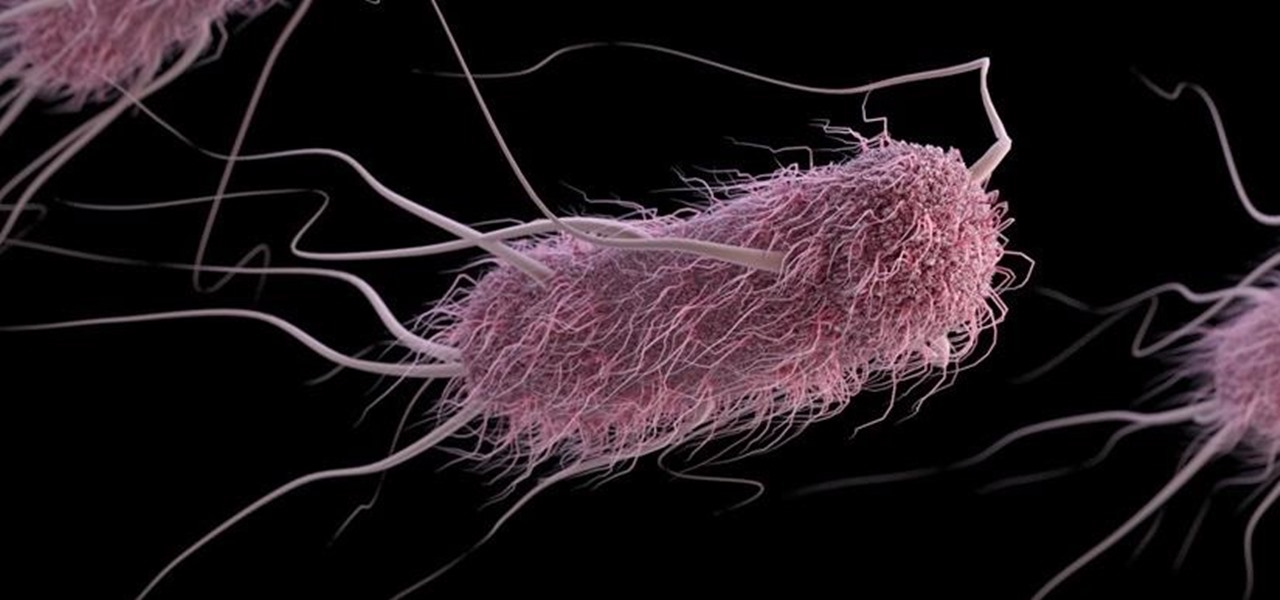
Synthetic Biology: Student Team Gives Dangerous E. Coli a New Role as Bacteria Detective
A gold-medal winning entry into the iGEM synthetic biology competition could change the way we look at Esherichia coli, the bacteria better known as E. coli.
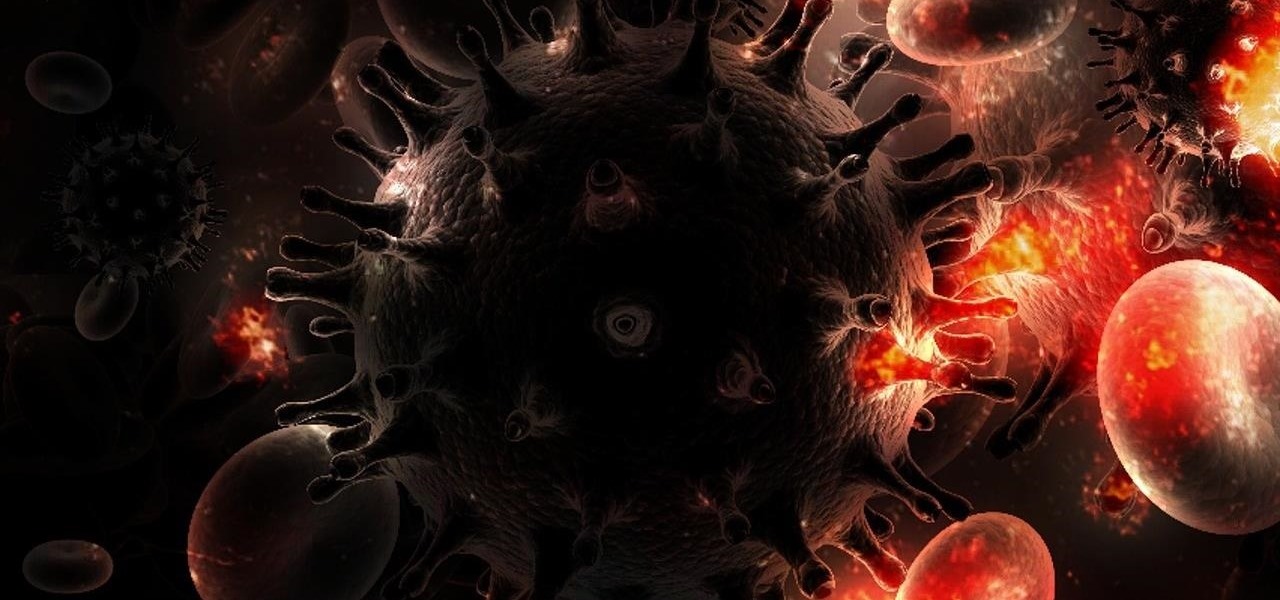
News: We've Found the Back Door HIV Uses to Hide in the Brain—& It Could Help Us Take the Virus Down
Over 1.2 million people in the US are infected with human immunodeficiency virus (HIV)—and one out of eight of them don't know it. Even after decades of intense research into the virus, there's still no cure for it. One of the big problems is that the virus hides out in certain cells of the body, resisting treatments that kill it.
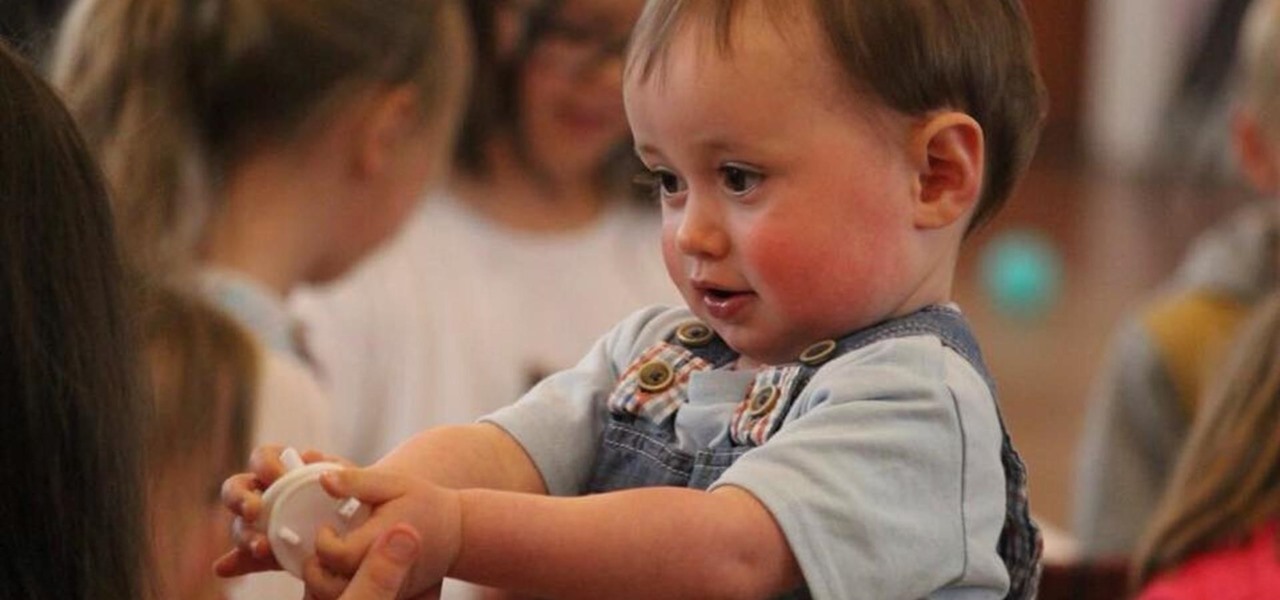
Lucky Break: Pneumococcal Vaccine Fights Off Ear Infections, Too
More prescriptions for antibiotics are written for ear infections than any other type of infection. A new study comparing the incidence and causes of ear infections in children between the ages of six months and three years found that the incidence of ear infections over the last decade has dropped significantly since the 1980s.
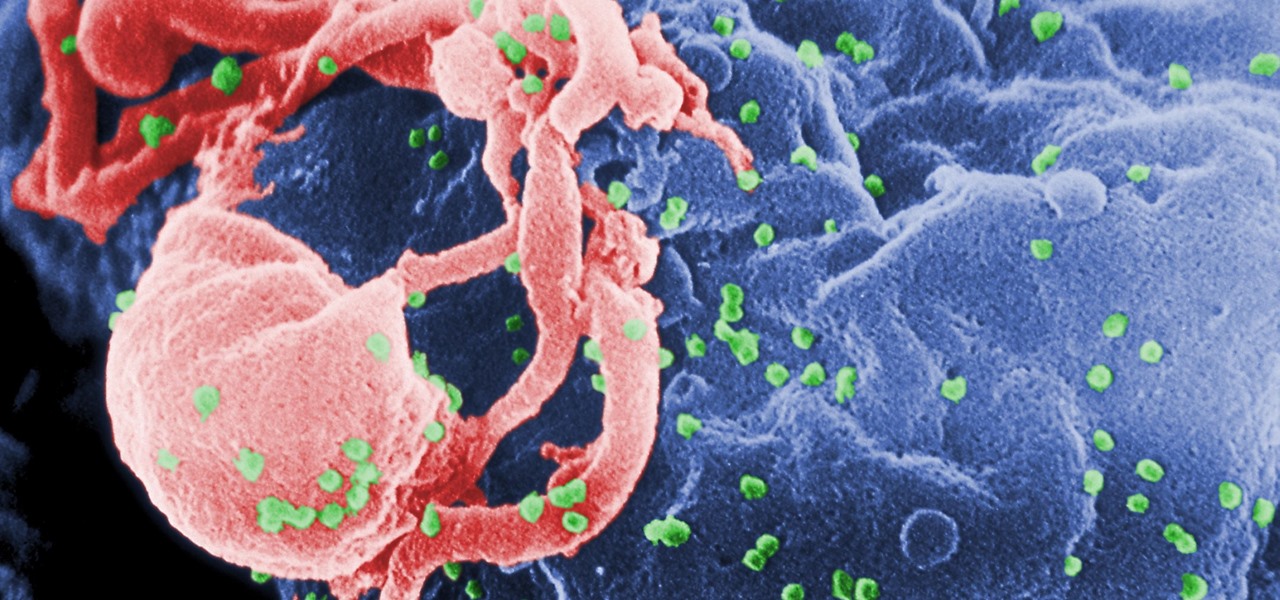
News: Taking Genetic Scissors to Infected Cells Could Cure HIV
Being infected with HIV means a lifetime of antiviral therapy. We can control the infection with those drugs, but we haven't been able to cure people by ridding the body completely of the virus. But thanks to a new study published in Molecular Therapy by scientists at the Lewis Katz School of Medicine (LKSOM) at Temple University and the University of Pittsburgh, all that may change.
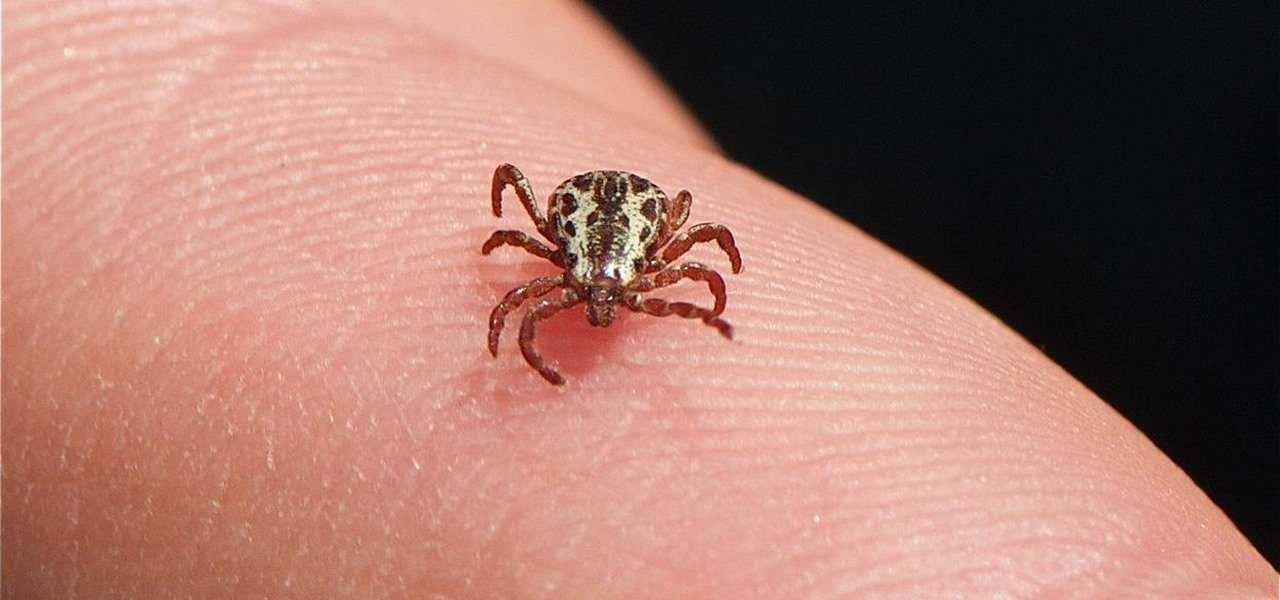
News: Infant in Connecticut Infected with Rare Disease Spread by Ticks
When you think ticks, one of the first things to come to mind is Lyme disease. However, as terrible as Lyme disease is, there's another threat from ticks rising in rank in Connecticut and the Northeast — one that is spreading and that hospitals are not prepared for — the Powassan virus.

News: Cats May Drive You Crazy, but They Won't Make You Mentally Ill
Even if your cat drives you a little nuts, don't worry, because a new study says that cats pose no risk to your mental health.

News: First Effective Vaccine Against Gonorrhea Reduces Infection Rate by 31% — by Accident
Sex makes the world go 'round, and when it does, so does gonorrhea. Finally some good news on the growing menace of drug-resistant gonorrhea — a large, long-term study shows a vaccine may work in reducing the incidence of an increasingly dangerous infection.
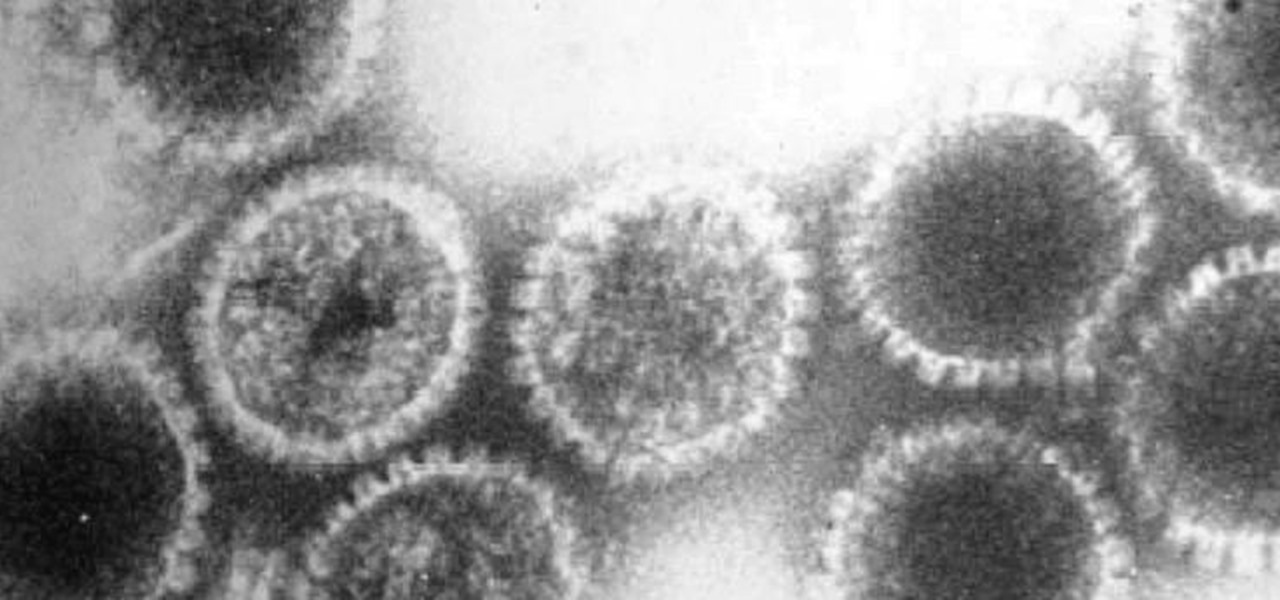
News: A New Set of Cancer Drugs May Work Against Viruses, Too
How can a drug used to treat cancer be effective against viruses, too? The answer lies in the drug's shared target — specifically, cellular components that control the activity of genes. A new research study showed that one such type of drug, histone methyltransferase inhibitors used in cancer clinical trials, has activity against herpes simplex virus, too.
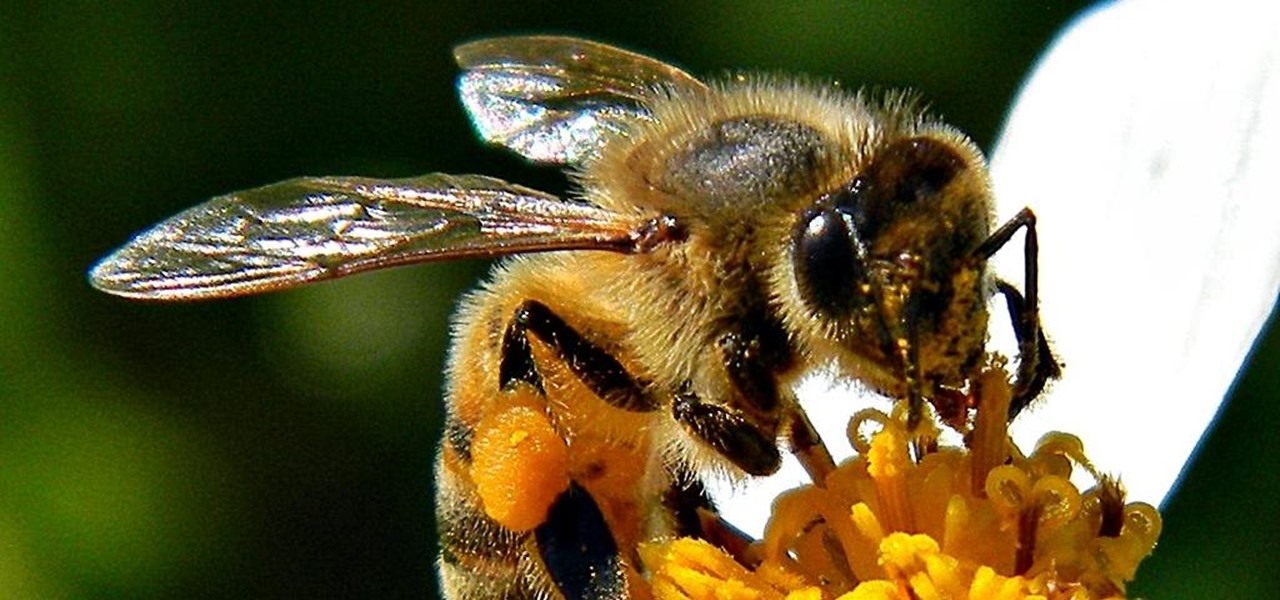
News: Even Bees Need Probiotics Now
Most people are familiar with the decline of honeybee colonies around the world. Among other threats, Colony Collapse Disorder (CCD) is eroding the capability of honeybees to maintain their hives and provide their services to human farmers.
